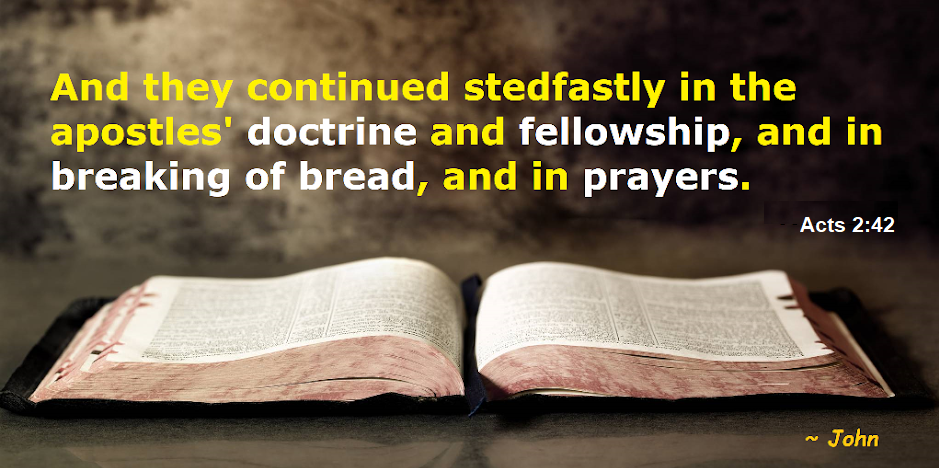Many folk (surprisingly to themselves) ask the big questions of philosophy. For example, How did everything come into existence? What is the purpose for everything? What happens when I die? Today, I just want to focus on one question I get asked more often than most (especially in the past couple of months) by Christians and non-Christians, alike...
What Proof is there for the Existence of God?
I will outline the three main ones that convict me, being "intelligent design" [especially communication], the "First Cause", and history/archæology. These are not the only "simple" arguments, but they provide food for thought for discussion.
1. Intelligent Design
Thought experiment -
Say you go to Mars. You look in a crater and observe 3 000 000 boulders all perfectly aligned as an equilateral triangle. Would you assume they were aligned by an intelligent entity? It is not inconceivable that it is a natural phenomon (albeit, extremely unlikely).
Now, assume the exact same environment and you saw those boulders arranged as an exact letter to you, perfectly formed and grammatically correct in a particular language. Would you consider that a natural occurence (even allowing for millions and billions of years)?
This is a trivial inanimate example of not only sentience, but intelligence.
Have you ever considered that DNA is a language consisting of only 4 letters that tells cells in every living biological entity how to make new cells, and then tell the cells how to operate every single function (literally millions of operations).
This is an extreme oversimplification of irreducible complexity, but it conveys a point.
2. First Cause
Most philosophers agree that anything's existence is not in itself. All things exist from something prior to itself [despite Hawking's argument regarding a "Brief History of Time"].
3. History and Archæology
A. The Holy Bible
The final and most compelling argument I believe philosophically, is that no other deity or religion contains an historic narrative that was written down as detailed prophecy (of a Messiah) in one volume hundreds of years earlier [the Old Testament] and fulfilled in detail (about Jesus the Christ) in second volume [the New Testament].
 |
| Click here for FULL SIZE |
 |
| Click here for FULL SIZE |
Biblical archæology has never been unsubstantiated. In fact, much historic and archæological research is examined against the Bible, as even atheist and agnostic researchers utilise it's accuracy.
Many discoveries have been made based on the veracity of the Bible (eg. the existence of the Hittites).
C. History
There are more documented historical artefacts (especially records and documents) regarding the Bible than any other subject.
D. Emmanuel - God with Us
This leads onto the final reason I want to share regarding history, being the direct evidence of Jesus Christ (as an historical figure) acknowledged by Christians and atheists alike.
There is only one concurrent document pertaining to Julius Caesar crossing the Rubicon into Rome [by Suetonius], yet it is established as historic fact.
There are several extra-biblical records that discuss Christ and thousands about Christianity. This doesn't include the tens of thousands of documents ensuing from theological studies over the millenia.
























